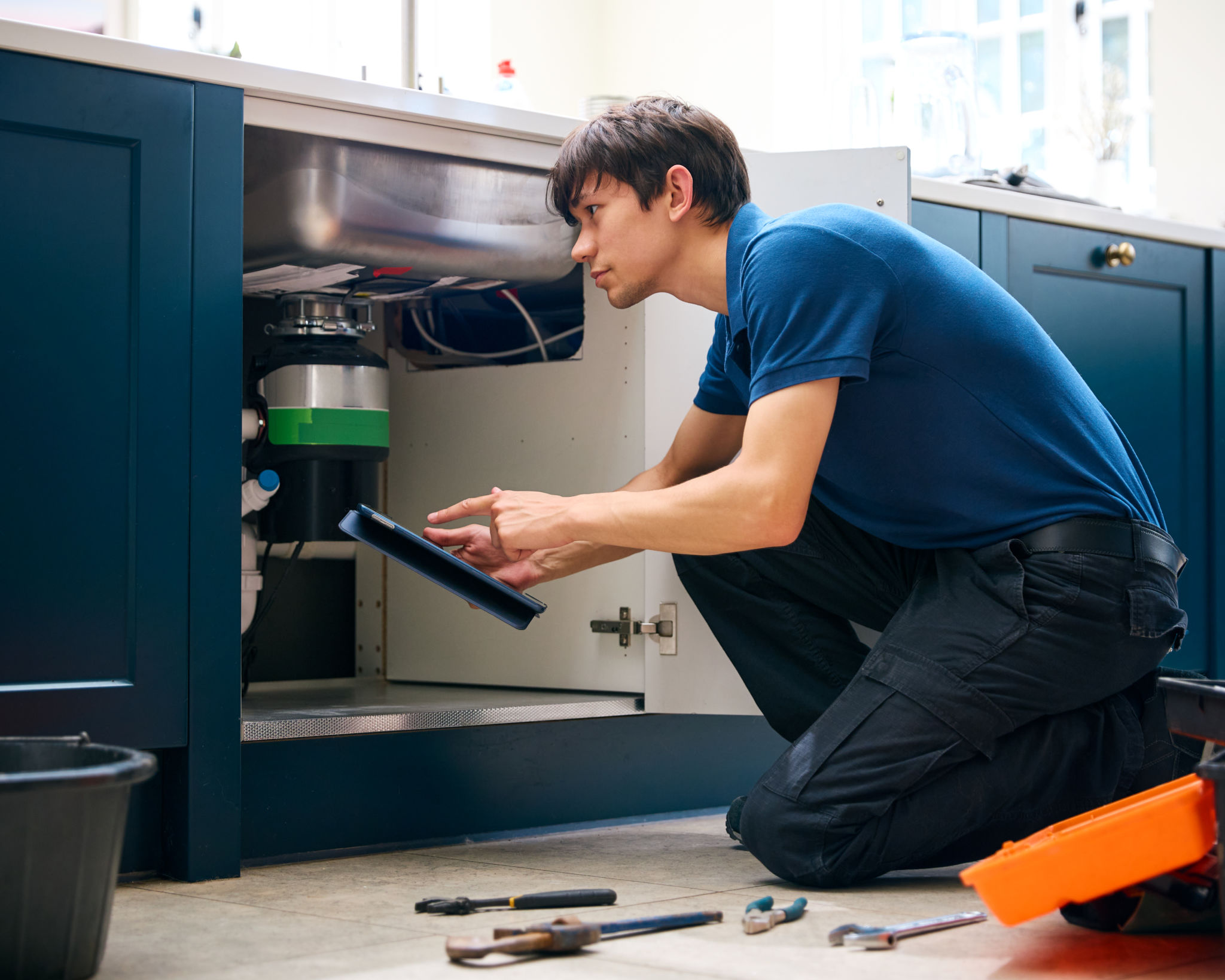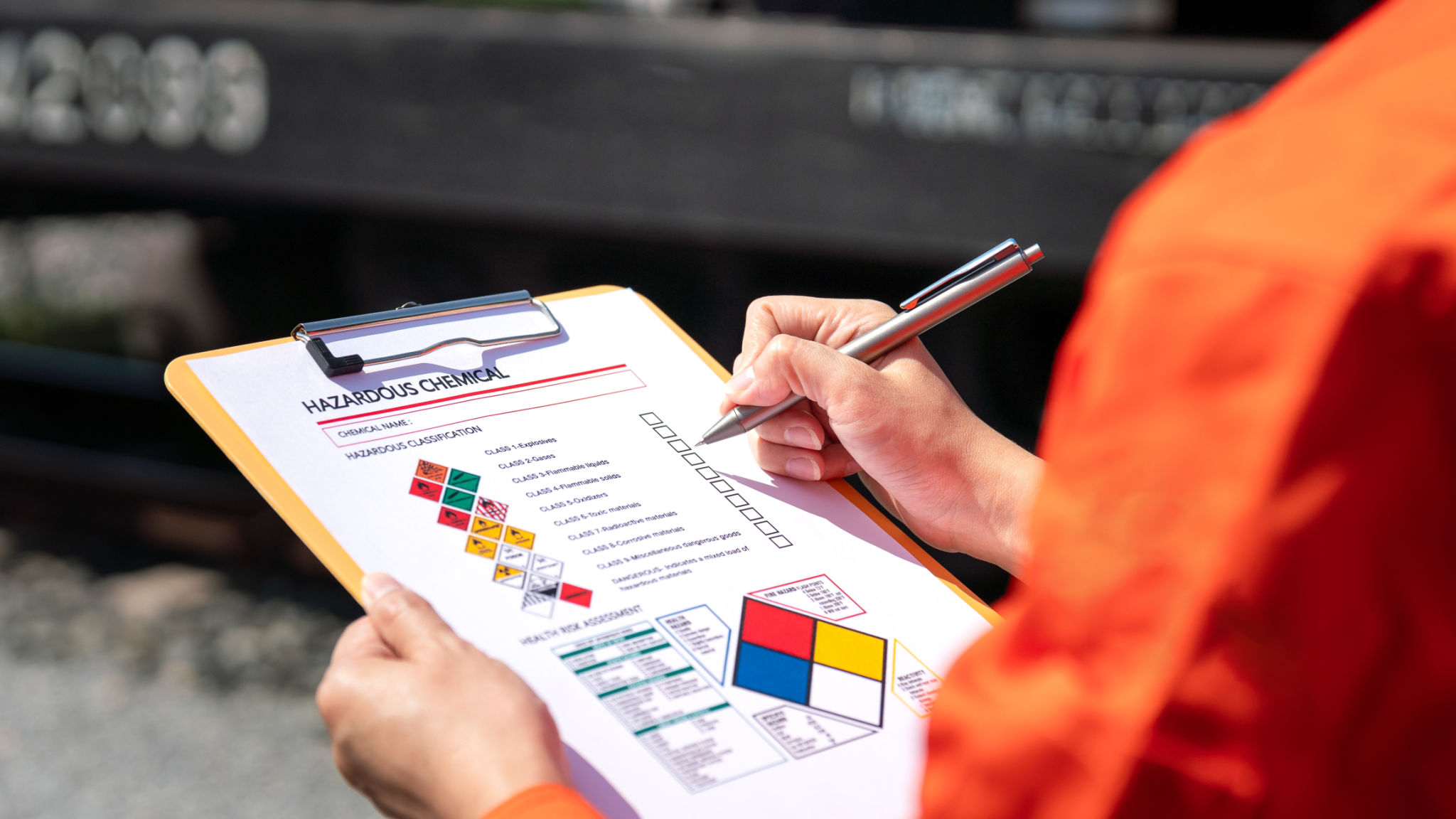Common Mistakes in Waste Disposal and How to Avoid Them
Understanding the Importance of Proper Waste Disposal
Proper waste disposal is crucial for maintaining a healthy environment and ensuring the sustainable use of resources. Incorrect disposal methods can lead to pollution, harm to wildlife, and even health issues for humans. Despite the importance, many people unknowingly make common mistakes when disposing of waste.

Mistake 1: Mixing Recyclables with Regular Trash
One of the most common errors is mixing recyclable materials with regular trash. This not only complicates the recycling process but can also contaminate entire batches of recyclables, rendering them unusable. To avoid this, always separate your waste into distinct categories: recyclables, compostables, and general waste.
Tip: Familiarize yourself with the recycling guidelines in your area, as these can vary significantly.
Mistake 2: Incorrect Disposal of Hazardous Waste
Hazardous waste, such as batteries, paints, and chemicals, should never be disposed of in regular trash bins. These materials can leach toxic substances into the environment, posing serious risks to both human health and ecosystems. Always take hazardous waste to designated disposal sites.

Remember: Many local municipalities offer special collection days or drop-off centers for hazardous materials.
Mistake 3: Ignoring Compostable Waste
Organic waste like food scraps and yard trimmings are often thrown away with regular trash, contributing to landfill overflow. Instead, consider composting these materials. Composting reduces landfill waste and creates nutrient-rich soil that can enhance your garden.
Setting up a composting system at home is relatively simple and can have a significant positive impact on the environment.

Mistake 4: Overlooking E-Waste Recycling
Electronic waste (e-waste) is one of the fastest-growing waste streams globally. Many people are unaware that items like old phones, computers, and televisions contain harmful components that require special processing.
Solution: Look for e-waste recycling programs or collection events in your area to dispose of these items responsibly.
Conclusion: Taking Action for Better Waste Management
Avoiding these common mistakes in waste disposal requires awareness and a bit of effort, but the benefits are substantial. By properly sorting recyclables, handling hazardous waste correctly, composting organic matter, and recycling e-waste, individuals can significantly reduce their environmental footprint.
Making informed choices about waste disposal not only contributes to a healthier planet but also sets an example for others to follow. Together, we can work towards a more sustainable future.